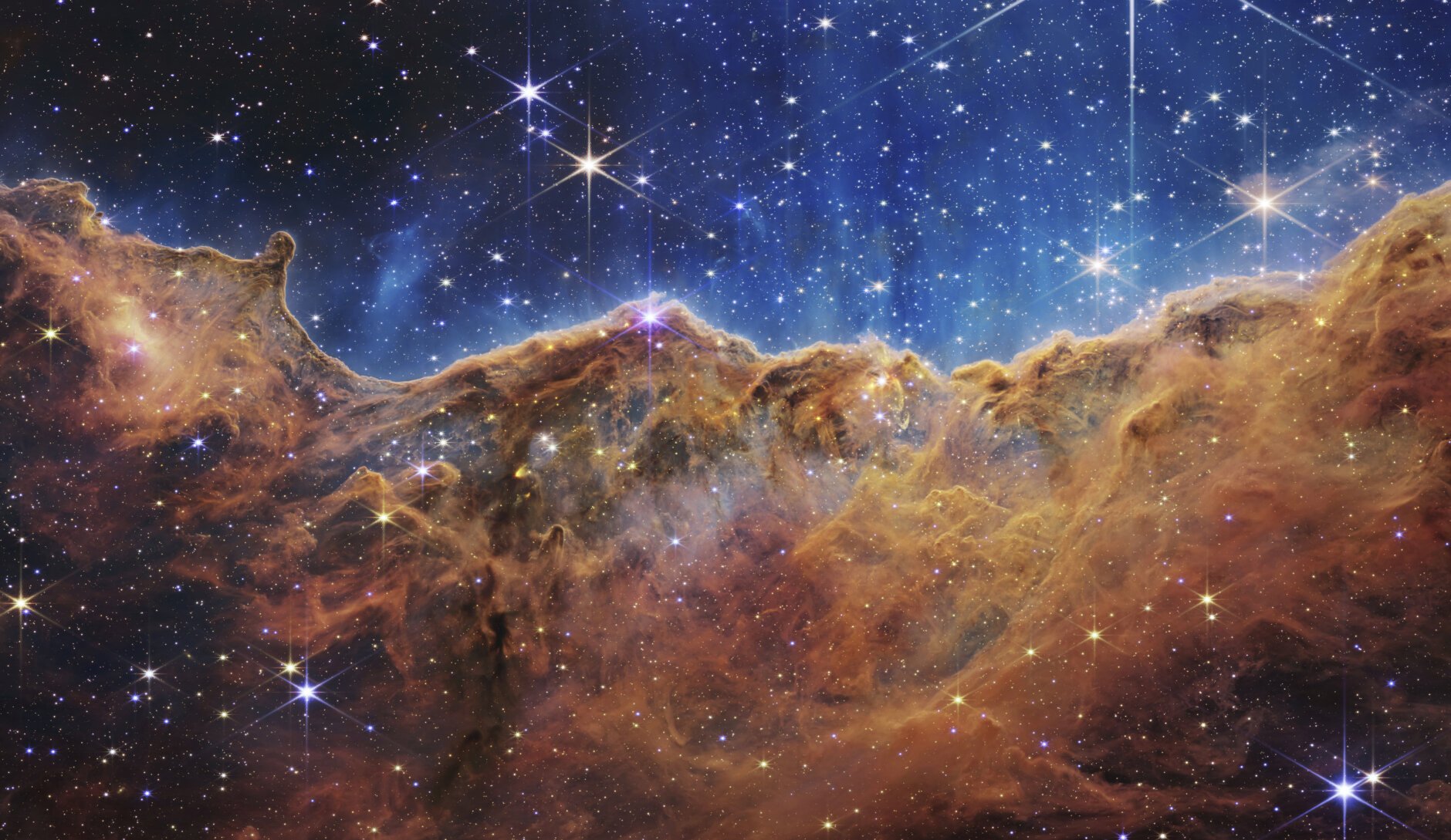BOOK A READING
BOOK A READING
Hi there 👋🏼
Thanks so much for stopping by. I’m currently open for astrology and tarot bookings.
My Approach
As a reader, I’m less drawn to astrology or tarot as predictive or diagnostic systems, and more to how they illuminate the subtle, complex patterns that shape our histories, desires, and inner landscapes. These ancient technologies reveal the constellation of qualities and drives that live within us — what’s inherited, what’s emerging, and what longs to evolve.
To me, astrology and tarot are frameworks for self-cultivation. When we bring conscious awareness to our patterns, we enter a lifelong practice of radical acceptance, healing, and transformation.
Please note: I use Whole Sign House System in my readings. For those who don’t know about house division in astrology, I’m happy to provide further context on our consultation call.
“The cosmos is within us. We are made of star-stuff. We are a way for the universe to know itself.” - Carl Sagan
Astrology & Tarot Offerings
-
90 minutes — $200
In-person or virtualThis session offers a full overview of your birth chart, moving far beyond the “Big Three.” We’ll explore the whole architecture of your chart — including your Mercury, Venus, Mars, Saturn, Uranus, Neptune, Chiron, MC/IC, and how these placements shape your inner life, instincts, and relational patterns.
No prior knowledge is required. I’ll contextualize everything — signs, houses, planets, and the deeper themes that emerge from your chart.
For 90-minute readings, we’ll also look at current transits and how they’re interacting with your chart right now.
Included:
comprehensive post-session notes
a recording of our session (virtual readings automatically; in-person by request)
Best for:
Anyone seeking a grounded introduction to their full natal chart and a deeper understanding of their personal cosmic blueprint beyond surface-level horoscopes. -
90 minutes — $200
In-person or virtualThis reading focuses on aspects — the angular relationships planets form with one another (conjunctions, sextiles, squares, trines, oppositions). Aspects reveal where your energies flow naturally, where they spark tension, and where your internal contradictions or gifts live.
You may choose between:
Your personal aspect patterns (within your natal chart)
Synastry (the interplay of two charts — romantic partners, siblings, friends, parent-child, etc.)
Aspects are where astrology becomes rich and psychologically alive, offering insight into attachment patterns, internal drives, relational tendencies, and paths of growth or release.
Best for:
Those wanting to explore the complexity of their internal energy dynamics, or anyone seeking clarity about harmony and tension within a relationship. -
60 minutes — $100
In-person or virtualIn this reading, we’ll pull a three-card spread to illuminate an urgent or meaningful question. Together we’ll interpret the symbolism, explore themes, and collaboratively make meaning. I’m happy to pull clarifying cards from additional decks and include an oracle card to close.
I provide multiple decks and texts for you to choose from, and you’re welcome to bring your own.
Best for:
Anyone new to tarot or seeking guidance on a specific situation, decision, or emotional landscape. -
Pricing varies by offering
In-person or virtualIf you’re unsure where to begin, or if you have a particular intention in mind, we can create a custom session together. During a complimentary consultation call, we’ll clarify what you’re seeking and design an offering tailored to your needs — whether that’s astrology, tarot, or a hybrid approach.
Best for:
Skeptics, first-timers, or anyone wanting a personalized experience grounded in curiosity and collaboration.
Book A Reading
*
Book A Reading *
FAQs
Do I need my exact birth time?
Exact birth time creates the most accurate reading, especially for houses, ascendant, and certain timing techniques. If you don’t know it, I can still work with approximate times, but precision allows for deeper insight.
Can I record the session?
Yes. All virtual readings come with a recording automatically. In-person sessions can also be recorded by request.
I’m new to astrology. Is that okay?
Absolutely. No prior knowledge is needed. I’ll guide you through every concept we explore and meet you exactly where you are.
Do you offer refunds or rescheduling?
Sessions can be rescheduled with advance notice. Refunds are not available for completed sessions, but you’re welcome to reach out with any questions or concerns.
What do I bring or prepare?
Feel free to bring any questions, themes, or areas of curiosity. For synastry readings, I’ll need both birth dates, times, and locations. For tarot sessions, just come with an open mind.
Are your readings predictive?
I focus less on prediction and more on pattern-awareness, timing cycles, and self-cultivation. My approach is reflective, symbolic, and collaborative rather than deterministic.
How do virtual sessions work?
You’ll receive a Zoom link ahead of time. Recordings + notes are delivered after the session.
What if I’m unsure which offering to choose?
Please book the complimentary 15-minute consultation call. I’ll help you determine what offering fits your questions, your learning style, and your goals.

